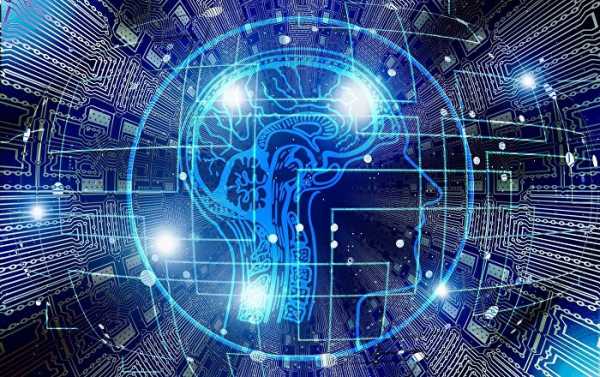
Researchers from Siberian Federal University (SFU) have recently proposed using digital twin technology to perform diagnostics of technical equipment online, and also presented a new neurodiagnostics model, the university’s press service reports.
A simple inspection used to be enough to monitor the state of technical equipment. Today, this task can be performed by the technical equipment itself, such as computers, which can perform a whole range of tasks in the fields of non-destructive testing and online diagnostics with the help of artificial neural networks.
The new approach proposed by the SFU scientists is based on developing and training artificial neural networks, plus creating a model of the given technical equipment with the help of numerous patterns, or test cases, of the monitored system’s reactions. It can be used to monitor changes in different values, such as tension or heating.
“With the help of artificial neural networks and simulation techniques, we can now create digital twins, or structural elements, which allow us to monitor online all information about the state of the technical equipment subject to diagnostics,” said Vladimir Koshur and Sergei Chentsov, professors at the SFU’s School of Space and Information Technologies.
In their research project, digital twins can operate in passive or active mode. In passive mode, the twin only reflects the state of the equipment without interfering with its operation, while in active mode, the twin “feels the pain” and adjusts the available parameters in order to “relieve the pain”, or eliminate it altogether.
“In active mode, it is a new intelligent system that performs the equipment’s basic functions and aims to prolong the ‘lifetime’ of the adaptive technical equipment,” Koshur explained.
The professor stated that the use of the digital twins is aimed at reducing the controlled output error of neural networks through learned pattern response. It is especially important to find the global minimum of the total error function, the best parameters for the given model.
The SFU researchers’ findings were presented at the 20th Neuroinformatics 2018 international conference held at National Research Nuclear University MEPhI, Moscow. Today, researchers continue studying adaptive neural network algorithms to optimize their performance.
Sourse: sputniknews.com






